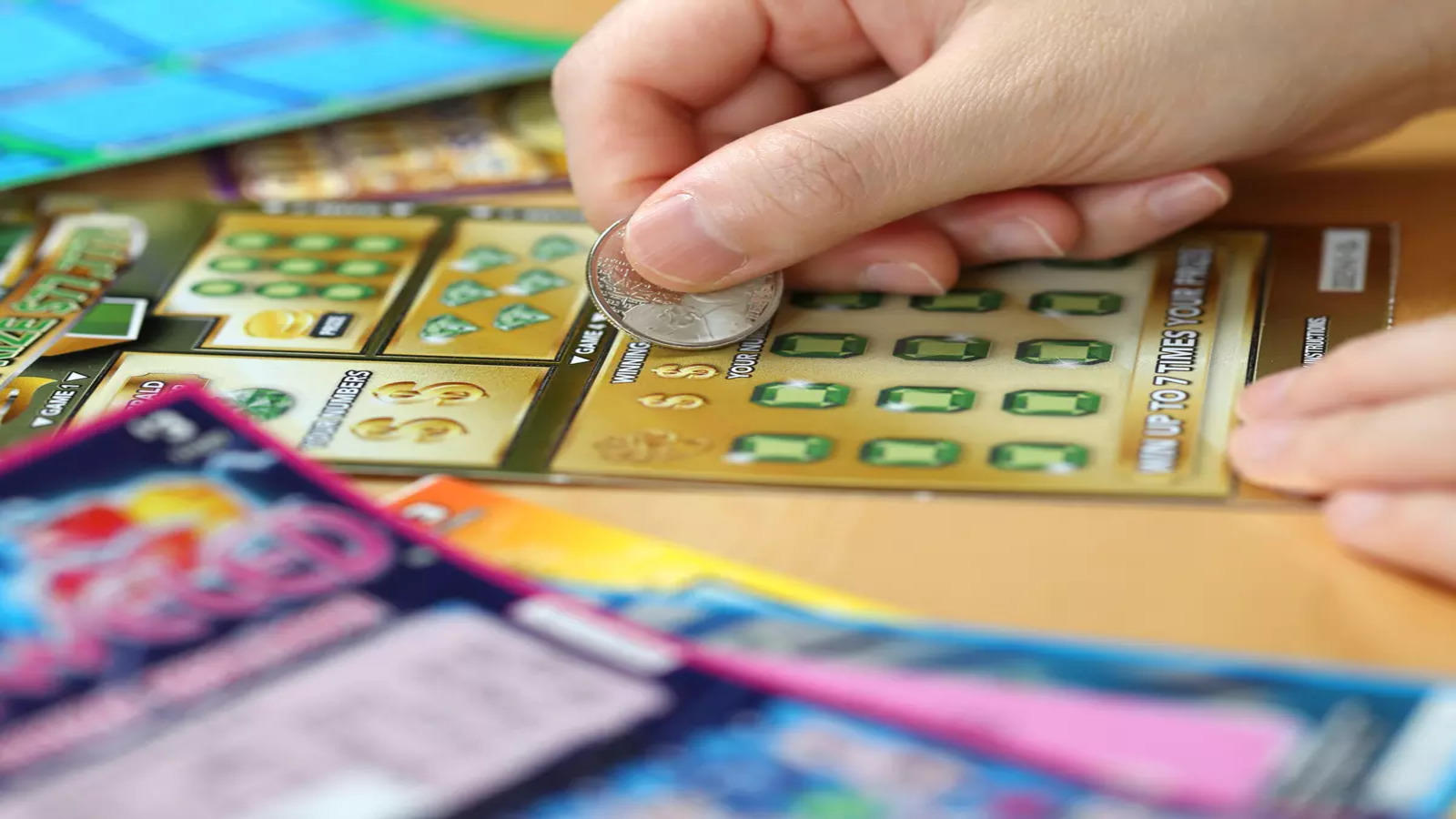
Lottery Gambling: A Hopeful Pursuit or a Gamble with Destiny?
Lottery gambling is a global phenomenon that transcends borders, cultures, and socioeconomic statuses. It’s a pursuit fueled by hope and dreams, promising life-changing fortunes to the fortunate few who defy astronomical odds Koitoto. Yet, beneath the surface allure of instant wealth lies a complex tapestry of psychology, economics, and social impact.
The Allure of the Jackpot
Lotteries captivate the human imagination with the promise of untold riches. From the humblest corners of rural villages to the bustling metropolises of the world, individuals invest their hopes in a few numbers, believing that fate might favor them. The allure is not merely financial; it’s psychological. It offers an escape from the mundane, a brief glimpse into a world where dreams come true.
The Odds and Economics
Despite the dreams it sells, the odds of winning a lottery are notoriously slim. The chances of hitting the jackpot often rival those of being struck by lightning multiple times. This stark reality is often lost in the fervor of ticket sales and media hype. Economically, lotteries are regressive taxes, disproportionately funded by those who can least afford it, often without tangible benefits to the communities they claim to support.
The Social Impact
Lotteries are a double-edged sword in society. While they promise funding for education, infrastructure, and other public goods, the reality can be quite different. Studies have shown that lottery sales tend to be concentrated in lower-income neighborhoods, perpetuating a cycle of financial hardship. For some, the hope of a jackpot becomes a last resort, rather than a calculated risk.
The Psychological Rollercoaster
For winners, the psychological impact can be profound. Instant wealth can lead to newfound opportunities and freedom, but it can also bring unexpected challenges. Stories abound of lottery winners who lose everything, succumbing to the pressures of newfound wealth and the demands of family, friends, and strangers alike.
A Moral Quandary
Lotteries exist in a moral gray area. They offer a glimmer of hope to millions but can also exacerbate inequality. As governments seek new revenue streams, they often turn to lotteries, painting them as harmless entertainment. Yet, the social costs are real, and the benefits are often overstated.